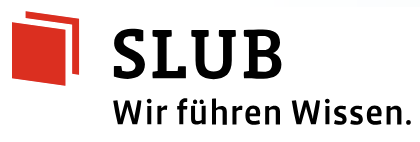"It sounds so strange when he does it!" Teachers` handling of ability differences within the programme An Instrument for Every Child seen from the perspective of Inter-pretative Classroom Research
DOI:
https://doi.org/10.62563/bem.v201263Abstract
Most of the instrumental music teachers, involved in the programme “An Instrument for Every Child†(German: “Jedem Kind ein Instrumentâ€), name the handling of differences in their pupils’ ability levels as a major difficulty of their teaching. Regardless of a considerable number of programmatic and hands-on papers on this topic, scholarship in this domain clearly lacks results from empirical research dealing with the issue of heterogeneity from the perspective of music education. Against this background, an analysis of the subject of heterogeneity from this perspective appears to be relevant.
In opposition to the current tendencies within German educational science, this article does not conceive of heterogeneity as a personal attribute but as a result of human interaction. This assumption of heterogeneity as a construct calls for a qualitative investigation, allowing for an in-depth analysis of the classroom situation and the constructive mechanisms involved. Following the approach of Interpretative Classroom Research, classroom teaching can be interpreted in its every-day appearance and classroom processes and can be described in many differentiated ways. Within this context, the here presented article gives insight into design and interpretative perspective of a current research project at the University of Bielefeld. At first, it focuses on a theoretical discussion of the term “heterogeneityâ€. Secondly, it describes a central step in the qualitative process of this research project to give a short glimpse into its actual approach: It explains how the interpretative perspective is continuously specified and how research questions get enhanced after a first inspection of the data material. On a methodological level, the identification and characterization of key scenes in the video data lead to a more focused perspective of interpretation, which is more adequate to the research problem. On a content-level, the first encounter with the data material reveals the importance of the inclusion of both teacher-perspective and pupil-to-pupil interaction into the final analysis.Â
Â
Â
Keywords: An Instrument for Every Child, heterogeneity, interpretative classroom research, video-based research
Â
Downloads
How to Cite
Issue
Section
License
Bulletin of Empirical Music Education Research (b:em) is published as an open access online journal. All articles are freely accessible online free of charge, there are no publication fees (Diamond Open Access). The standard licensing of the articles is CC BY-NC 4.0 (Creative Commons Attribution-Non Commercial 4.0 International (CC BY-NC 4.0))


